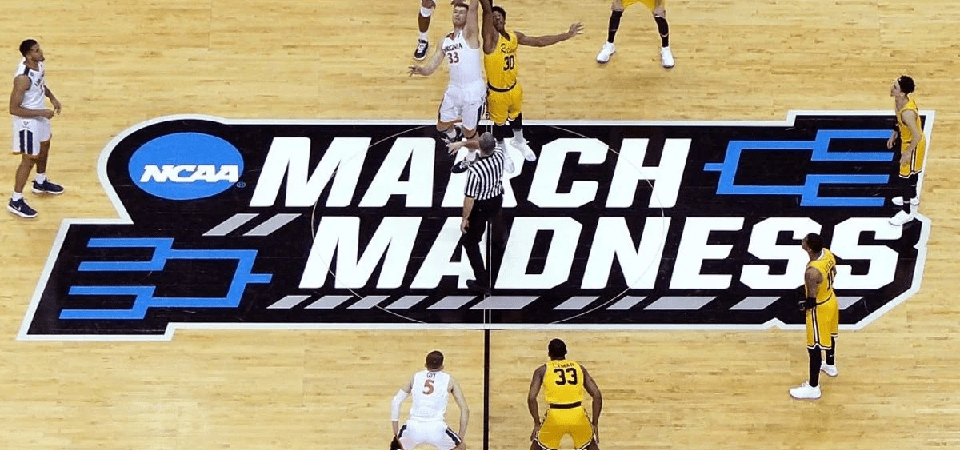Majority of Adults Oppose Betting on College Sports
Although most American adults support legislation permitting betting on professional sports, a similar proportion is against gambling on college athletics in their own states.
This is based on a recent survey by The Associated Press-NORC Center for Public Affairs Research. Among those surveyed, 58% expressed support for states permitting regulated betting on professional sports, whereas 55% are against comparable regulations for wagering on college sports. The survey took place from February 6-10, prior to the NCAA men’s and women’s college basketball tournaments. The men's contest is one of the most bet-on events every year in the US.
"Fifty-six percent of all adults think entering a March Madness bracket for money is gambling, 21% say it is not, and 22% think it depends on the amount of money involved,” according to the poll.
Approximately one-third of individuals engaging in March Madness brackets mention bragging rights or the chance to win money as their motivations, while 20% indicated they participate to show school spirit or to join in with others.
A Mixture of College Wagering Regulations
Following the well-known 2018 Supreme Court decision regarding the Professional and Amateur Sports Protection Act (PASPA), states have implemented numerous laws related to betting on college sports.
Certain states impose no limitations, whereas others prohibit wagering on college sports events occurring within their borders. Some permit wagering on college sports, but exclude teams from their own state, no matter the location of the game.
The domain where college betting regulations have recently gained traction is player proposition (prop) bets. Certain states have prohibited those bets in the interest of athlete safety and integrity. The earlier assertion holds some truth as data shows that disgruntled gamblers have targeted certain athletes on social media after losing a bet, even issuing threats — inappropriate conduct that also permeates professional sports.
Certain participants in the Associated Press-NORC survey indicated their support for states permitting wagers on college teams and totals, yet they voiced worries that bets tied to individual players might provoke negative reactions towards athletes or entice them to manipulate results for unscrupulous gamblers.
States Proceed Cautiously on College Player Props
Although restrictions on wagering for college teams based on geography are seen as outdated, NCAA player prop rules present a complex challenge for states.
States need to balance ensuring player safety with the potential loss of tax revenue, as prop bets, including those on college sports, play a part in that revenue.
This is especially evident during college football season, and those bets have also acted as a catalyst to attract more women to sports betting — a trend that may recur this year as the NCAA women's tournament begins this week.
















